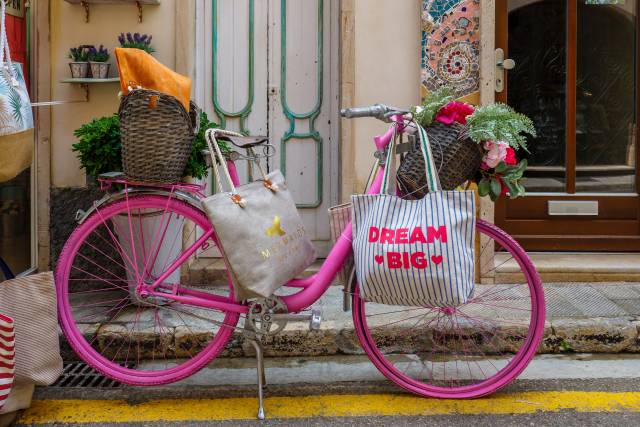Last week, 136 small to medium sized European cities met during the Second City Lab of the Intelligent Cities Challenge (ICC) to exchange on their plans for digital, green and socially responsible recovery.
The role of public procurement as a key tool for delivering the sustainable innovations needed to support systemic change in cities ran as a recurring theme throughout the event.
Public procurement and Local Green Deals
On Wednesday 17 February, the City Lab kicked off with a session on Local Green Deals. The discussion was opened by Dana Elefthariadou, Head of Advanced Technologies and Digital Transformation Team at DG Grow, who presented the strategic context around Local Green Deals highlighted the importance of policy integration and cooperation between local stakeholders to deliver cities’ sustainability agendas in line with the goals of the European Green Deal.
As pioneers of their respective Local Green Deal approach, the City of Mannheim (Germany) and the Amsterdam Metropolitan area were invited to share their experience on the topic. In both cities, a strategy for sustainable and innovation procurement will be a key lever to support their action plan, helping to drive changes in the market and bring businesses on board towards their Local Green Deal.
Through the ICC, ICLEI is currently developing an introductory guide and case studies to help cities get started with Local Green Deals. This resource should be published in April 2021, and it will highlight the strategic role of public procurement in delivering local green deals.
Public procurement and the circular economy
On Thursday 18 February, participants separated into several thematic action groups, aiming to bring ICC cities with common priorities together to collaborate on solutions. As coordinators of the Circular Economy Action Group, ICLEI facilitated an active discussion on circular waste management solutions, circular industrial processes, and digital tools to support skills and citizen engagement in the circular economy.
Throughout the session, public procurement was highlighted as a key tool for supporting cities’ circular development ambitions. The group collectively decided to retain circular procurement as a topic to focus throughout the life of the Thematic Action Group. Several cities, including Patras (Greece) and Castello de la Plana (Spain), are already discussing potential one-to-one collaboration opportunities on this theme.
Sharing best practice on innovation procurement
On Friday 19 February, the city lab was closed by solutions-oriented sessions on access to finance, open data and innovation procurement. ICLEI led the session on innovation procurement, aiming to share best practice tools for cities getting started on this topic, and was joined by speakers from public organisations that pioneer innovation procurement practices. In the first part of the session, guests provided their top tips for successful needs assessment (Denis Premec, Regional Energy Agency, Croatia), market dialogue (Josefine Hintz, ICLEI) and developing procurement criteria to support innovation (Emiel Ascione, Kamp C, Belgium). The second part of the session explored applications of innovation procurement practices in the mobility sector, featuring contributions from Geir Rossebo from the City of Oslo, who explained the city’s approach to support zero-carbon mobility through procurement, and Lies de Meyer from the Belgian Post, who shared her experience of engaging with start-ups to procure innovative mobility infrastructure.
Until July 2022, ICLEI will continue working with ICC cities to help them develop capabilities in leveraging public procurement to deliver their green and responsible recovery plans under the initiative.
A detailed account of the city lab is available on the ICC website’s news section.
ICC resources on innovation procurement and Local Green Deals are being added progressively to the project’s library.





